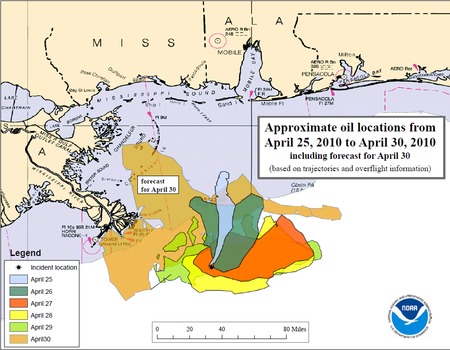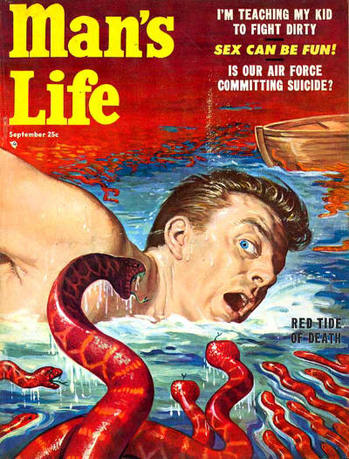The estate tax is one of those hyper-combustible issues where emotion, and shrewd lobbying, can loose an outsize uproar. That point was made last week with news that the multibillion-dollar fortune of a Texas oil tycoon, who died this year, would pass to his children and grandchildren free of the federal estate tax.
But before railing against the wealthy -- or encouraging your rich relatives to take up cliff diving -- it might be wise to look at what the real-world effects might be next year, when the estate tax of up to 55 percent might be levied on any estate worth more than $1 million.
At first blush, that policy sounds destined to take big chunks out of estates across a broad swath of the population. While supporters say the estate tax affects only the richest members of society and helps counteract the concentration of wealth, that million-dollar limit would seem to ensnare many people who consider themselves decidedly middle class -- especially in the Northeast and California where home values are high.
What is the dividing line between wealthy and upper middle class? Or between someone who owns an estate and someone lucky enough to have bought a home decades ago and watched its value grow to seven figures?
According to the Tax Policy Center, a research group, unless Congress revises the law by Jan. 1, the number of estates affected in 2011 would increase to 44,200 next year from 5,500 in 2009.
Even so, that figure represents less than 2 percent of the 2.5 million Americans expected to die next year, and is far below historical levels. In 1976, 139,000 estates representing 7.6 percent of all deaths were taxed when the exemption was set at $60,000 (nearly $230,000 in buying power today).
And these figures also don't take into account the world of estate planning, where numbers can be fungible. With a bit of planning, tax lawyers say, most families can legally shelter significant portions of their estates. In addition, the law contains provisions that allow owners of small businesses and farms to take additional exemptions.
Such caveats offer little comfort to those who call the tax the "death tax" and have fought for repeal, saying it is a form of double taxation.
"The proper exemption should be everything," said Dick Patten of the American Family Business Institute, a lobbying group that says the estate tax stifles job creation. "These people have already paid a lifetime of taxes to build the businesses they own." (Estate tax supporters say the levy helps the government capture a portion of capital gains that have never been taxed at all.)
But where does that dynastic plutocracy begin? There is an astronomical gap between Mr. Buffett's fortune, which Forbes estimated at $47 billion, and two retirees in Marin County, California, whose life's work might have allowed them to leave their heirs $3.5 million in assets, mostly in the value of a house.
Even some strong supporters of an estate tax would say that the couple in Marin is not wealthy, and support the 2009 exemption of $7 million for couples, saying that it offers a dividing line between the upper middle class and the wealthy. And then there are those who would say that at least relative to the rest of the population, that couple is rich. "If a couple has $7 million to leave to their three children, their kids could conceivably never have to work again," said Chuck Collins, co-founder of Wealth for the Common Good. "I don't think most people would consider that middle class. Or think that creating a generation of dilettantes is a good thing."
WEEK IN REVIEW
What an Estate Looks Like to the Taxman
By DAVID KOCIENIEWSKI
Published: June 11, 2010
When a billionaire dies this year, no taxes for the estate. Next year, $1-million-plus estates will be taxed at up to 55 percent.

